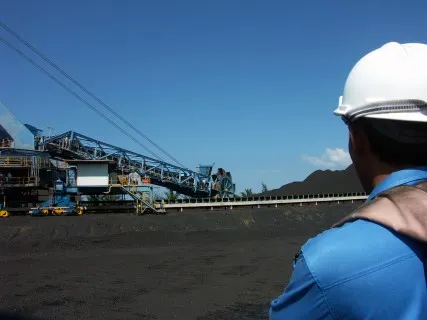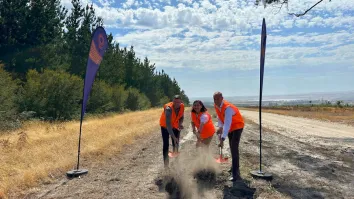
Korea reveals policy directions for its New Energy Industry
Eight major projects open up new opportunities.
Lee Guihyun, Director of New Energy Industry Promotion Division, Ministry of Trade, Industry and Energy, discussed about the New Energy Industry at the Energy Korea Forum held today. He said that two of the major trends affecting the energy industry today are climate change and low oil prices. “Low oil prices can help Korean companies make more investments.”
This year, Korea implemented new industry promotion plans that aim to reduce energy consumption and expand the centralised grid structure. With these in mind, Lee said the government coined a new term: “New Energy Industry.” It means that in the future, energy-rich countries will not only be rich in resources, but also rich in solutions. The benefits of these industries are three-pronged: consumers are empowered to save energy, corporations are provided with new, exciting business opportunities, and the government is aided in managing energy demand.
According to Lee, the Korean government has developed eight business opportunities, where some have already been adopted by foreign companies.
One of the projects is focused on energy storage systems or ESS, an initiative that allows consumers to store energy for a certain period of time, then use the stored power when the situation calls for it (i.e. during power shortage or when rates are high). This is also useful for electric vehicle (EV) users. “When you purchase an EV, you can just purchase car and not the battery because now you can just rent the battery,” said Lee.
Another project is the PV facility rental initiative, which aims to help households save a lot in terms of their utility bills. There is also the zero-energy building project and the eco-friendly energy town project.
“We have concentrated on the eight projects, but after we have reached a certain level of achievement, we decided to expand the scope for corporations to be able to make long-term investments,” said Lee.
He also added that there will be ample legislative support to back the new energy industries. “The law opens door for new players to come in. More convergence-based services can then be launched.”
For more information, please visit https://english.motie.go.kr/



















 Advertise
Advertise







